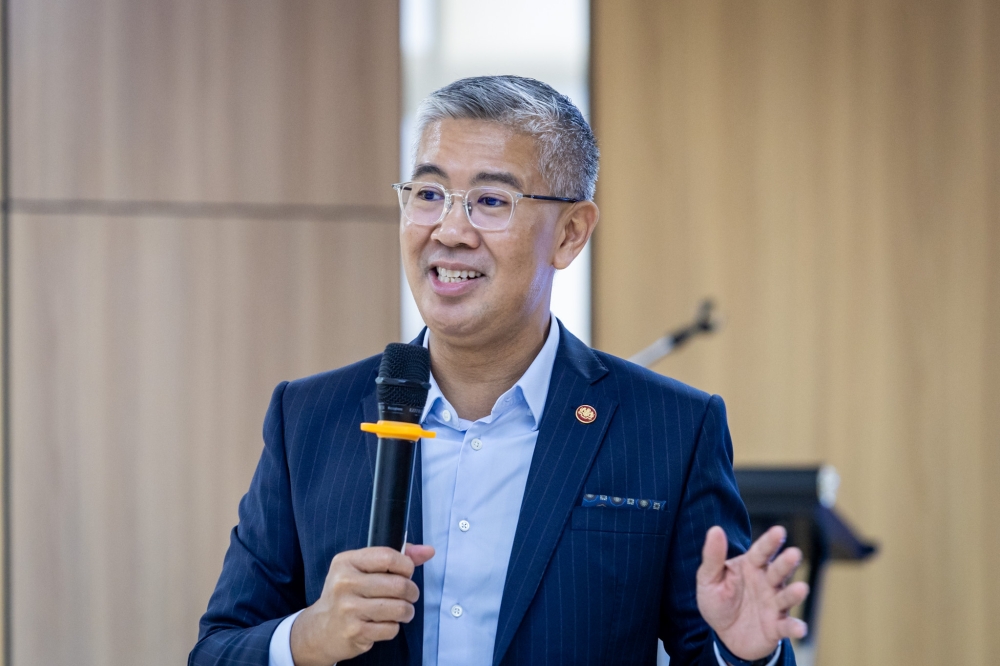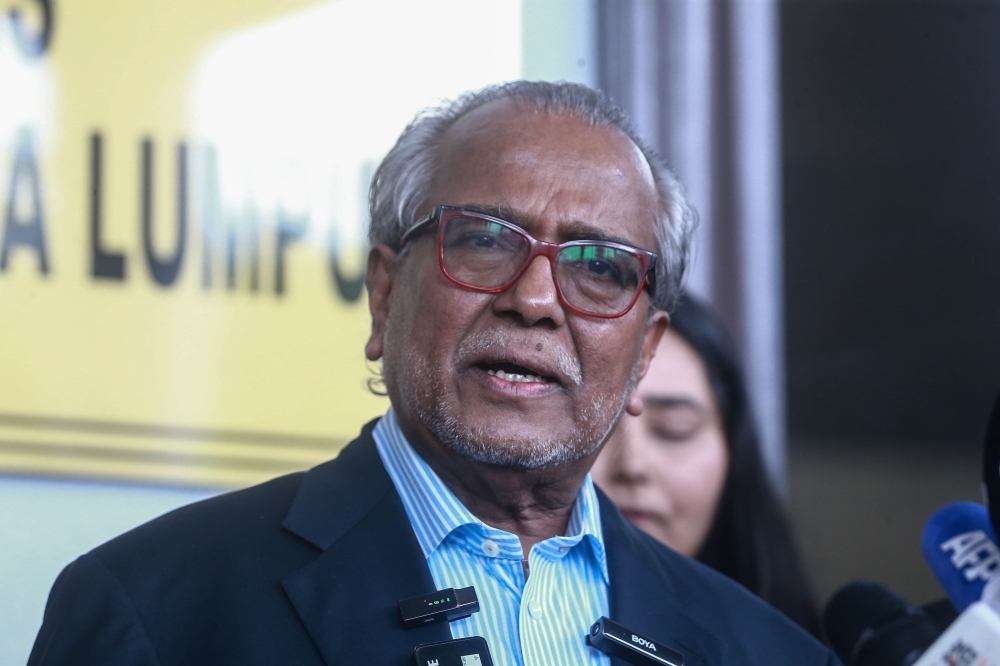KUALA LUMPUR, Oct 30 — The prime minister has consolidated indirect control of government-linked investment companies (GLIC) via appointments to key ministries, a study found.
The Institute of Democracy and Economic Affairs said in its GLIC monitor that this concentration of power in the PM’s hands took place after Tun Dr Mahathir Mohamad changed the “reporting line” of four ministries that effectively oversee the state’s biggest investment funds.
Of the four key portfolios — Finance, Economic Affairs, Rural Development, and Entrepreneur Development — two are held by members of Dr Mahathir’s Bersatu, the monitor noted.
Terence Gomez, the monitor’s head researcher, said the findings suggest the continuation of the patronage politics Dr Mahathir was previously accused of introducing.
He also noted this meant Dr Mahathir was effectively leading government efforts to address the problem for which he has been blamed.
“How is the institutional architecture that Mahathir himself created being reformed?” Gomez asked during his presentation of the findings here.
“That is the question we have to ask.”
The report noted that Dr Mahathir reshuffled the ministerial reporting lines for multiple GLICs and GLCs in key ministries, an arrangement that gave the Prime Minister’s Department direct control over most of the country’s largest investment funds.
Permodalan Nasional Berhad (PNB), Lembaga Tabung Haji (LTH), Perbadanan Nasional Berhad (PNS) and Khazanah Nasional, which under Barisan Nasional had reported to the finance minister, now take instructions straight from the prime minister’s office.
As a result, the MoF’s role is akin to that of a regulator and monitor of public spending across all ministries, according to the research.
The findings also showed that MoF remains in control of some underperforming GLCs, although it noted Finance Minister Lim Guan Eng’s pledge to reform and divest these companies.
Gomez said the reshuffling exercise was likely done with the expressed aim of ending the sort of government meddling in state enterprises found rampant under the previous BN administration.
Pakatan Harapan as part of its institutional reform push had pledged to free the GLICs and GLCs of political patronage, starting with barring politicians from sitting on their boards.
Instead the status quo prevailed, the findings suggest.
Gomez said by virtue of placing key GLCs and statutory bodies under ministries helmed by politicians close to him, Dr Mahathir could wield the state enterprises.
“The reconfiguration of control of GLCs probably serves as a mechanism to help Mahathir achieve the now longstanding goal of creating a huge pool of Bumiputera entrepreneurs,” the monitor wrote.
“However, the reconfiguration also suggests a revised form of structural power that could allow PH to use GLCs to serve its political interests.”
Control over the GLICs and GLCs could serve the ruling coalition three ways, the research concluded.
First, channel government-generated concessions to key constituencies to garner electoral support. Then channel government assets into private hands leading to concentration of corporate wealth, and lastly to allow politicians to sit on the board as a way to buy loyalty.
Under the Ministry of Rural Development (MRD) whose minister is Bersatu’s Datuk Seri Rina Harun, PH politicians were appointed as board members in five key state GLCs, the monitor noted.
In Terengganu, two Bersatu and one Amanah candidate who lost in the 14th general election were appointed as board members of the Central Terengganu Development Council, a move Gomez concluded was meant to placate the losing parties.
The monitor also concluded that Bersatu’s Datuk Mohd Redzuan Md Yusof appointment as the minister of entrepreneur development could give Dr Mahathir and his party leverage over small and medium enterprises, the country’s biggest employers by sector.
It claimed the end goal is to ensure the creation of supply and production chains meant to benefit Bumiputera SMEs, and cultivate these industries in the heartland to court its predominantly Malay constituents.
The findings of this research should call for greater scrutiny over PH’s reform agenda, specifically on how it manages the institutions that hold immense public wealth, Gomez concluded.
He said while appointing politicians as board members may not be unlawful, the practice is prone to abuse and corruption though he refrained from suggesting that transgressions had taken place under the new government.
“Is what they’re doing legally wrong? Maybe not,” he said.
“But is it an abuse of power? I would argue it is.”

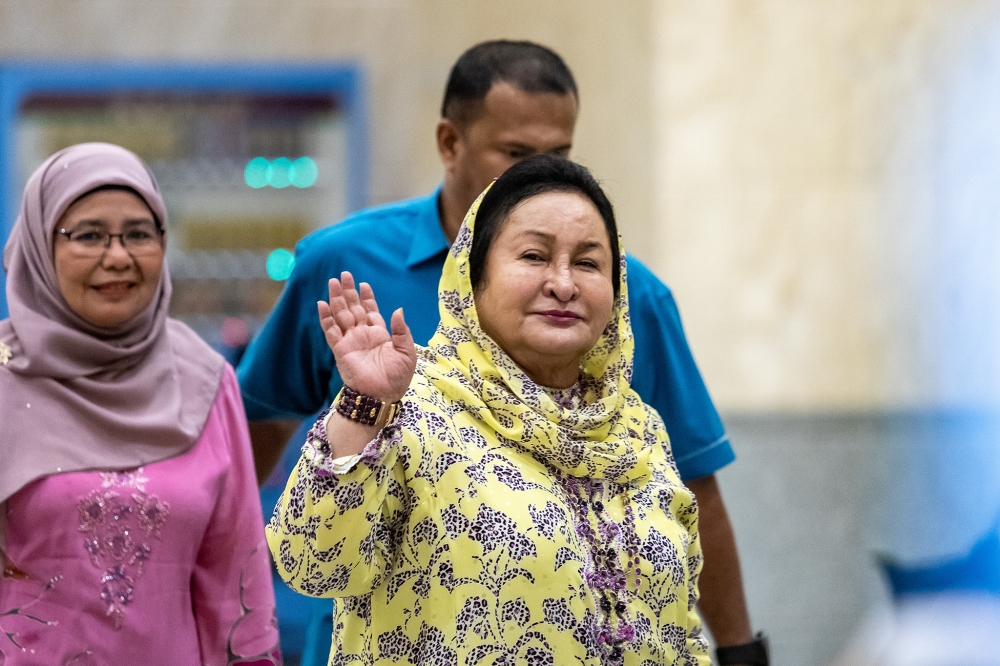
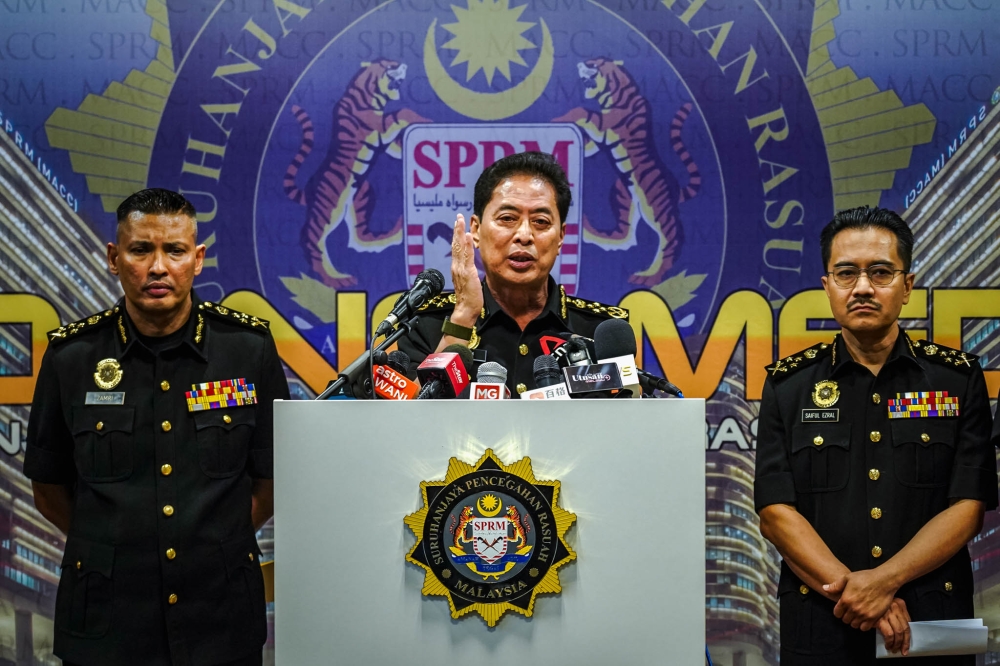


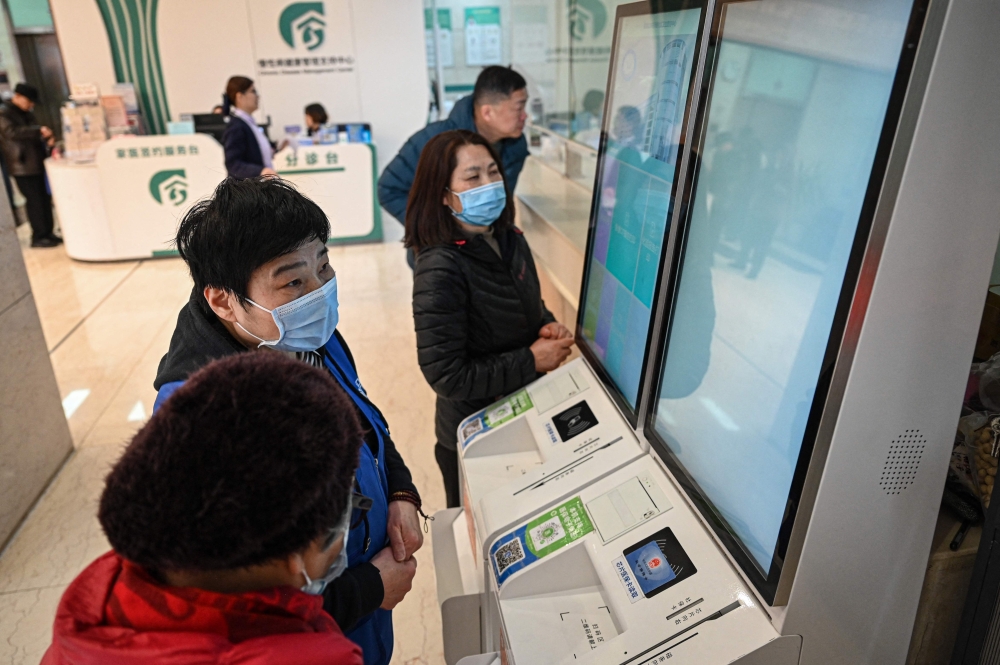
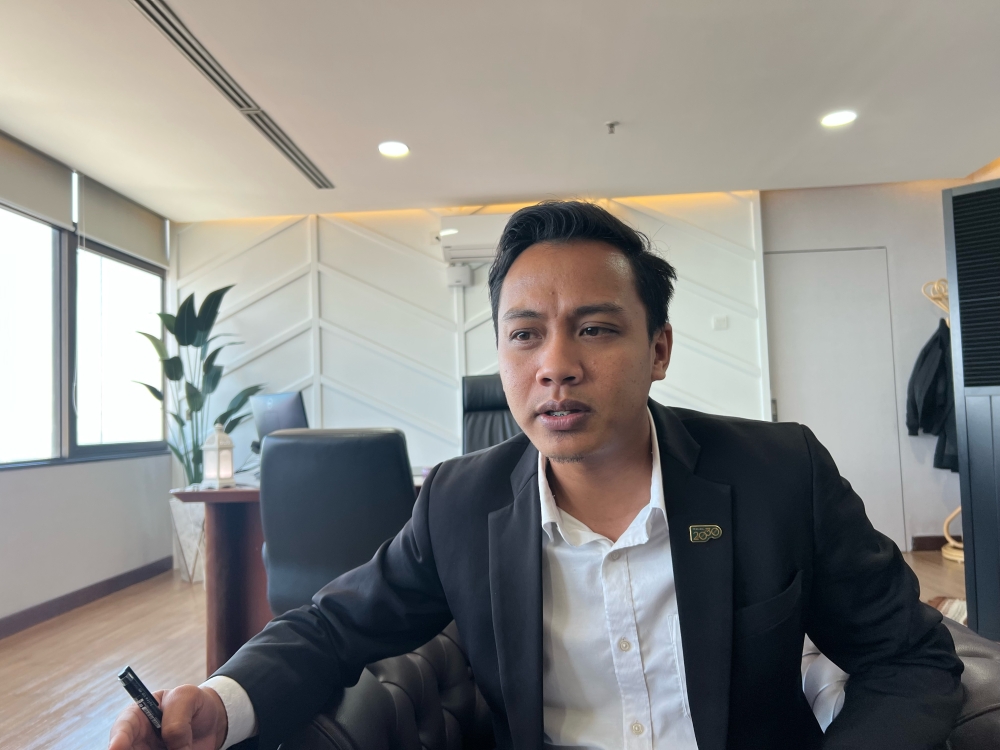

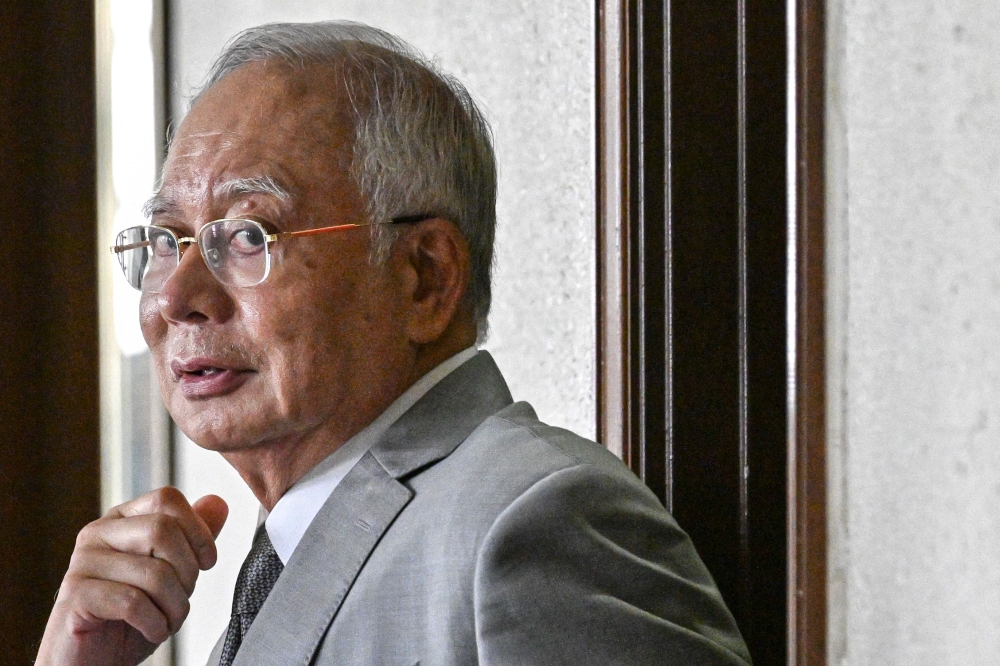


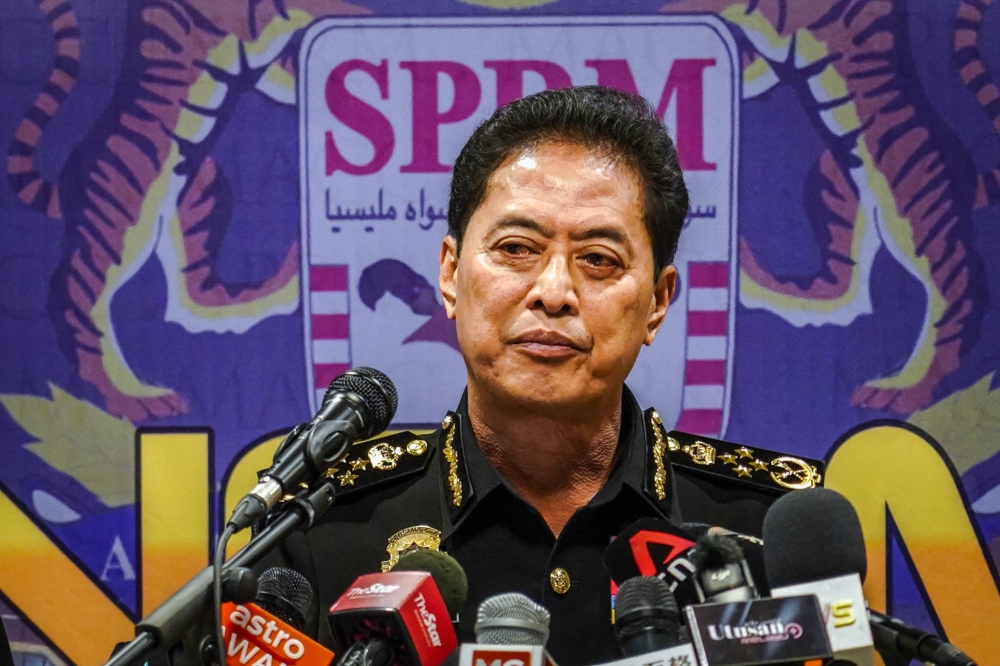
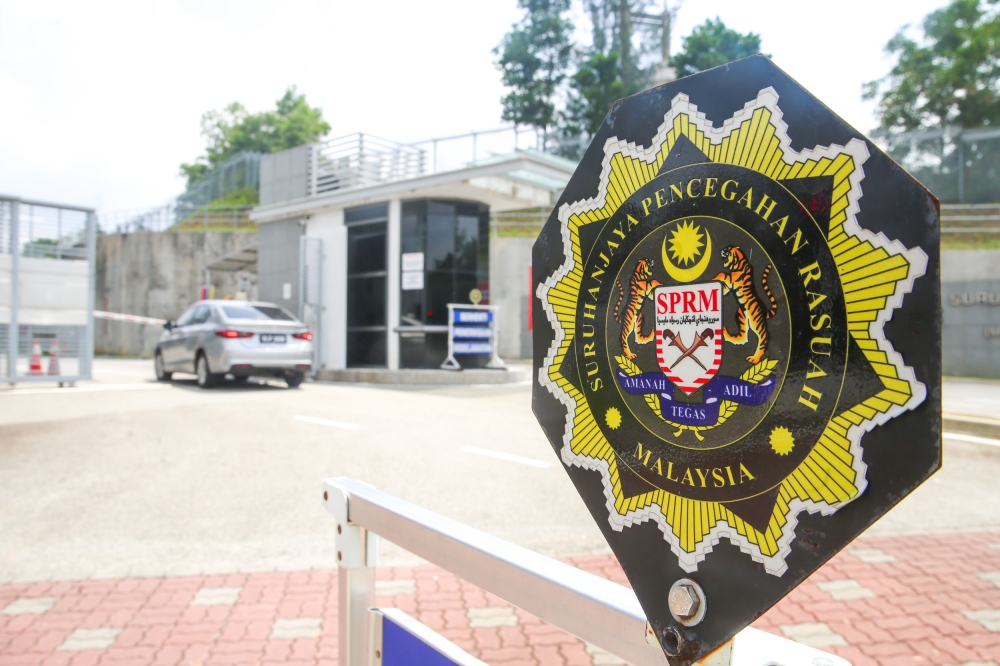
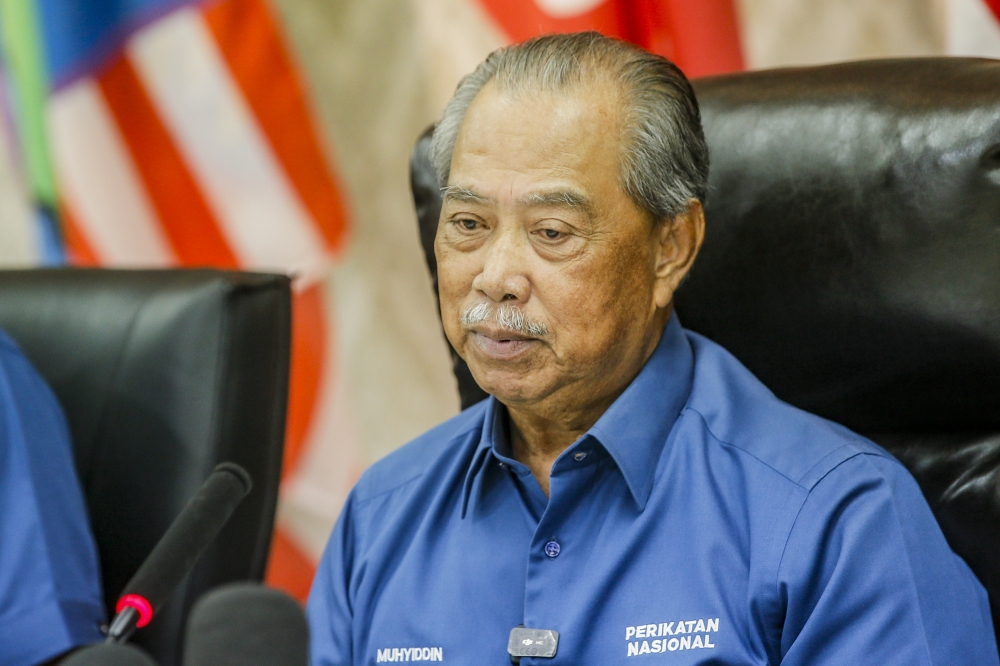

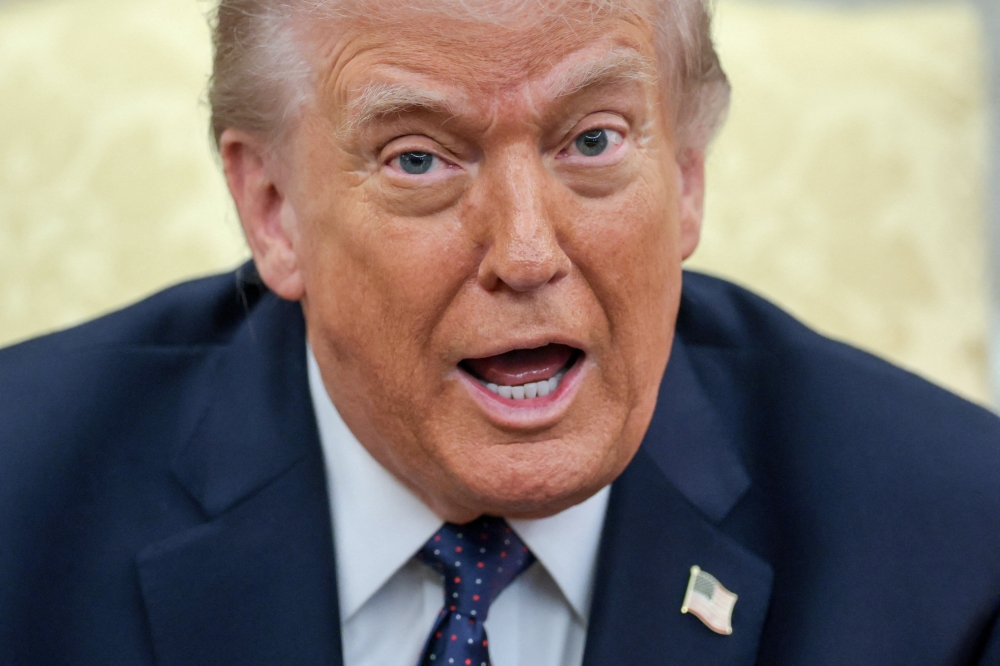
.jpg)

